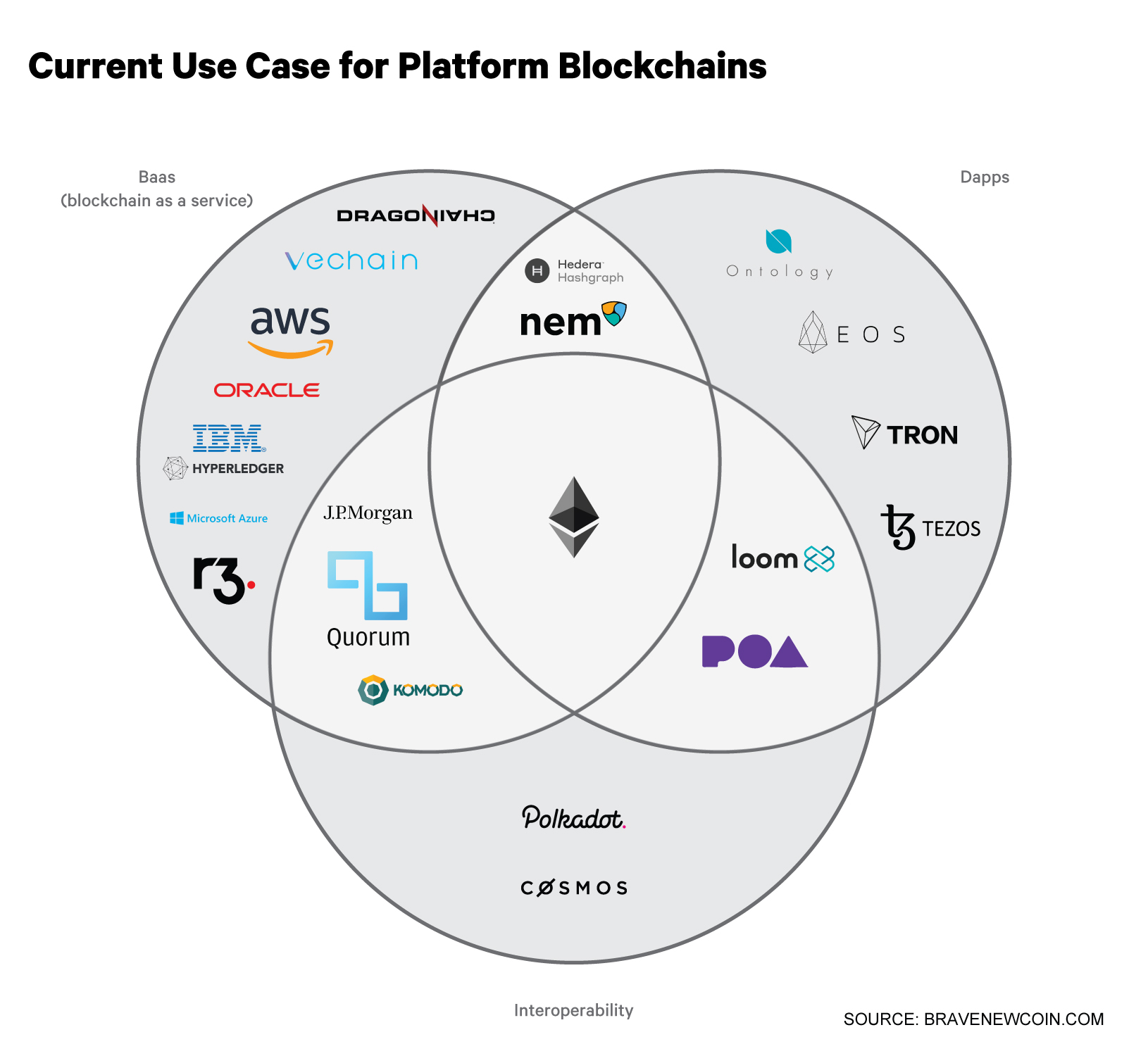Research Report: Has the ship sailed for Ethereum in enterprise?
Ethereum has been on a long road to scalability and solving the arduous technical issues to becoming the world’s decentralized computer. Amid developer disagreements and fragmented governance Ethereum’s direction and vision for Ethereum 2.0 is struggling to reconcile its many stakeholders, and the price of its native asset ETH has struggled to find much momentum as the public waits for its much anticipated upgrades, Istanbul and Serenity. This new report from BNC Research explores Ethereum’s ‘enterprise’ opportunity, what the challenges are to capitalizing on that opportunity, and profiles some prominent competitors that also have their eye on the institutional use prize.

BLOCKCHAIN IN ENTERPRISE PART 1:
Has the ship sailed for Ethereum?
As the first platform blockchain, Ethereum still has the most network effect and the most promise for real-world enterprise - which is one of its strongest use cases. However, there are now a multitude of competing platforms. Tezos, Tron, NEO and Cardano, for example, seek to improve upon and usurp it, and new distributed ledger technology - Hedera Hashgraph - the self-styled ‘blockchain killer’, has the potential to even obviate Ethereum altogether.

Then there are the legacy technology companies such as IBM, Microsoft, Oracle and Amazon Web Services that are now offering ‘blockchain as a service’ - templating permissioned private and public blockchains for easy set ups and integration with existing company cloud services. These also have the potential to steal the thunder from Ethereum in enterprise as they streamline and simplify the set-up of prviate and permissioned networks. Interoperability between public platform blockchains is sorely needed and blockchain-as-a-service platforms address much of the demand of businesses by integrating with existing enterprise cloud services and legacy systems.
If the enterprise use case is taken from Ethereum that is a huge missed market opportunity and it will be largely left with Dapps, the validity of many is questionable, and a nascent decentralized finance market. Blockchain Consortia Rather than using a public blockchain businesses are allying across and within industries to create blockchain consortia which govern permissioned and private networks and have the potential to further entrench leading positions and guide the future direction of globalization and even influence global governance.
Just the global factory model has entrenched the position of developed countries in supply chains and made it more difficult for developing countries to move away from labour intensive manufacturing, blockchain consortia and private networks have the potential to distance a group of leader companies from the less dominant companies and even prolong business models that are ripe for disruption.
OhNoCrypto
via https://www.ohnocrypto.com
Andrew Gillick, Khareem Sudlow
